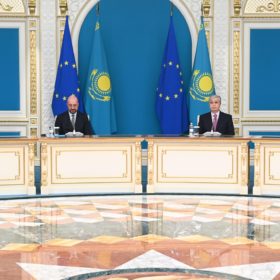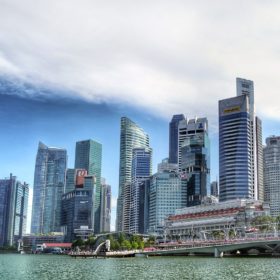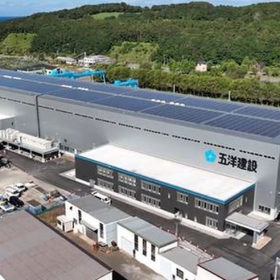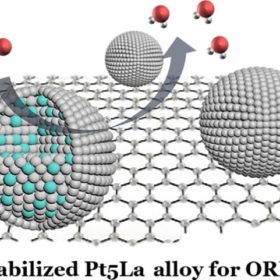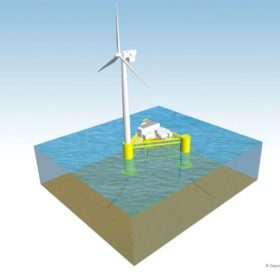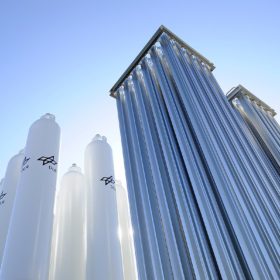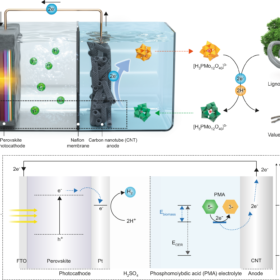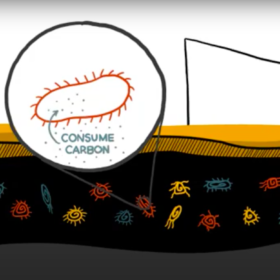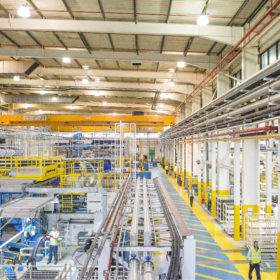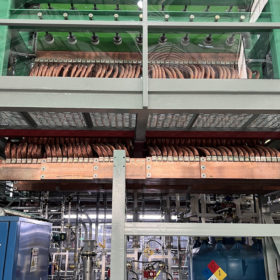The Hydrogen Stream: Svevind to invest in 20 GW of electrolysis capacity in Kazakhstan
A unit of Svevind has signed an agreement to invest up to $50 billion in a project on the Caspian Sea that could produce up to 2 million tons of green hydrogen per year. Stellantis, meanwhile, has revealed plans to mass produce light commercial hydrogen vehicles.
The Hydrogen Stream: Singapore sees hydrogen supplying up to half of its power needs by 2050
The Southeast Asian country considers hydrogen as a key potential decarbonisation pathway, seeing business opportunities in three related specific fields: finance, shipping and aviation. Meanwhile, Evos, Hydrogenious, and Port of Amsterdam bet on thermal oil benzyl toluene for delivery of hydrogen before 2028.
The Hydrogen Stream: Penta-Ocean opens factory exclusively powered by solar, hydrogen
Japan’s Penta-Ocean has opened a new factory powered by a 670 kW PV system and fuel cells. Plug Power, meanwhile, has revealed that it will provide fuel cells, hydrogen storage, and fueling infrastructure to FreezPak Logistics.
The Hydrogen Stream: Ultra-stable platinum-lanthanum for more efficient fuel cells
Tsinghua University researchers have developed a way to combine high-cost platinum and a rare earth element, lanthanum, to serve as a catalyst in fuel cells. Meanwhile, SSAB, LKAB, and Vattenfall have revealed plans to launch industrial production of hydrogen direct reduced sponge iron (H-DRI) by the end of this decade.
The Hydrogen Stream: UK consortium plans 10 MW offshore wind-hydrogen facility
A group of UK companies has started working on a 10 MW wind-to-hydrogen project, American Airlines has announced a new investment in hydrogen distribution, and ACWA Power has teamed up with South Korea’s Kepco to develop green hydrogen/ ammonia projects in the Middle East.
The Hydrogen Stream: Hy24 closes world’s largest clean hydrogen infrastructure fund
The Clean H2 Infra Fund has closed with new investors to mobilize up to €20 billion ($19.4 billion) of investment capacity over the next six years for heavy mobility and energy-intensive industries. Toshiba has revealed new production tech for electrolysis electrodes that slashes iridium use, while Hyundai Heavy Industries has kicked off a demo project for fuel cell vessels.
The Hydrogen Stream: South Korean scientists achieve photocurrent density of 19.8 mA cm−2 in PEC cell for water splitting
Ulsan National Institute of Science and Technology researchers have unveiled designs for advanced solar hydrogen production systems to broaden the application of LC biomass. Mitsubishi has started building the world’s first validation center for hydrogen-related technologies, while Fortescue Future Industries has announced investments in Germany and Australia.
The Hydrogen Stream: Biotech startup targets hydrogen production from depleted wells at $1/kg
Cemvita claims it can produce hydrogen at the “lowest possible cost,” Deutsche Bahn and Fortescue Future Industries have announced plans to jointly modify diesel engines for locomotives, and the Canadian province of Alberta has started promoting its hydrogen potential in Japan.
The Hydrogen Stream: Plastic Omnium to build Europe’s largest hydrogen vessel factory
Plastic Omnium has secured French state funding support to build Europe’s largest hydrogen vessel factory, while Vancouver-based First Hydrogen said it is considering investments in Europe’s commercial hydrogen vehicle sector.
Verdagy hits LCOH below $3.00/kg with commercial AEM electrolyzer module
Verdagy has reported a levelized cost of green hydrogen (LCOH) below $3.00/kg for its anion exchange membrane (AEM). The California-based company said it can now launch commercial operations.
